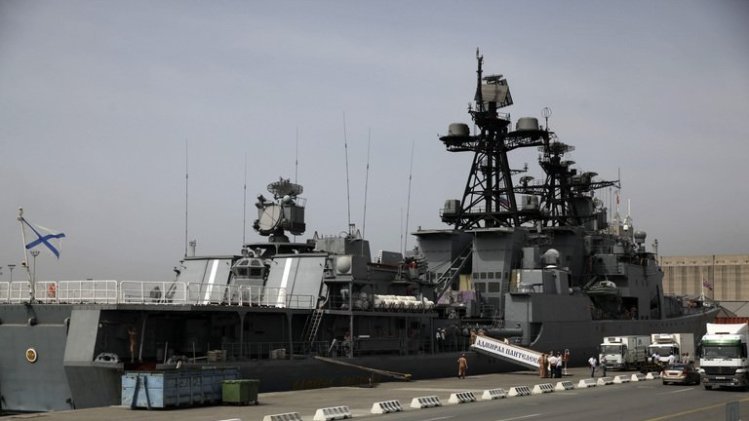Australia election: Tony Abbott defeats Kevin Rudd
BBC..September 2013 Last updated at 19:45 GMT
-

Tony Abbott: "From today I declare that Australia is under new management"
Australia's opposition has crushed the governing Labor party in a general election that has returned the Liberal-National coalition to power for the first time in six years.The coalition won 88 seats to Labor's 57 in the 150-seat parliament.
Liberal leader Tony Abbott, who will be prime minister, promised a competent and trustworthy government.Outgoing PM Kevin Rudd earlier admitted defeat and said he would not stand again for the Labor leadership.
The main election issues were how to tackle an expected economic slowdown, whether to keep a tax on carbon emissions, and how to reduce the number of asylum seekers arriving by boat.
Mr Rudd called the election after defeating Julia Gillard in a leadership challenge in June, amid dismal polling figures that showed Labor on course for a wipe-out.
"From today I declare Australia is under new management and Australia is now open for business", Mr Abbott told a cheering crowd as he delivered a victory speech.
He said that he would put the budget back into surplus, and stop boats bringing migrants from Asia.He added that support for Labor was at its lowest ebb for 100 years, and said the results showed that the Australian people would punish anyone who took them for granted.
Mr Rudd said he had phoned Mr Abbott and wished him well."I gave it my all but it was not enough for us to win," he said. But he was pleased that Labor was preserved as a "viable fighting force for the future".+
Mr Rudd retained his seat in the Brisbane constituency of Griffith but said he would not re-contest the Labor party leadership because the Australian people "deserve a fresh start".
"I know that Labor hearts are heavy across the nation tonight. As your Labor leader I accept it as my responsibility," he said.The Australian Election Commission confirmed on its website that the Liberal-National coalition had won 88 seats in the House of Representatives, and Labor 57.
Three seats were distributed between three small parties, and there were two seats still to return results.In the previous parliament, Labor relied on the support of independents and the Greens for its minority government, with 71 seats to the coalition's 72.Assange misses out+Mr Abbott took on the leadership of the flagging Liberal-National coalition in 2009.
A Rhodes scholar who once wanted to be a Roman Catholic priest, Mr Abbott has pledged to repeal both the mining and carbon taxes introduced by Labor.
He has also promised a raft of budget cuts, including reducing the foreign aid budget by A$4.5bn ($4bn; £2.6bn).
But he says he will fund an expanded paid parental leave scheme.
Labor's six years in power are emphatically over. Australia's economic growth during difficult global financial times should have played well for an incumbent government. But the economy has begun to slow and Kevin Rudd's Labor party has been undone by disunity and infighting. The rivalry between Mr Rudd and Julia Gillard which saw the leadership of the party and the country switch back and forth did not sit well with voters.
You sense from voters that Mr Abbott's victory is not so much a ringing endorsement as a rejection of Labor. He's a conservative who has promised a tough line on immigration and asylum-seekers. He opposes gay marriage and has been a sceptic on climate change. Kevin Rudd sold himself as the comeback kid. It didn't work. His party now faces a period of further introspection.
The economy has been at the heart of campaigning.
Mr Abbott will be charged with managing the transition as the mining and resources boom subsides, amid slowing demand from China and slumping commodity prices.
Ahead of the polls, his coalition highlighted bitter Labor infighting, seeking to portray itself as the more stable party.
And former Labor Prime Minister Bob Hawke blamed the internal divisions for Labor's defeat.
"I really believe this was an election that was lost by the government rather than one that was won by the opposition," he said.
Julia Gillard, meanwhile, congratulated the Labor candidate who succeeded her in her seat, as she bowed out of politics.The outsider candidates had mixed fortunes at the polls.
One of the two undecided seats in the House sees billionaire Clive Palmer, famous for his attempt to build a new version of the Titanic based on the original designs, on course for victory.

However, Wikileaks founder Julian Assange missed out on a Senate seat in Victoria, where the final place was claimed by Rick Muir of the Australian Motoring Enthusiasts Party.
More than 14 million people were registered to vote in Saturday's election. Voting is compulsory in Australia.




